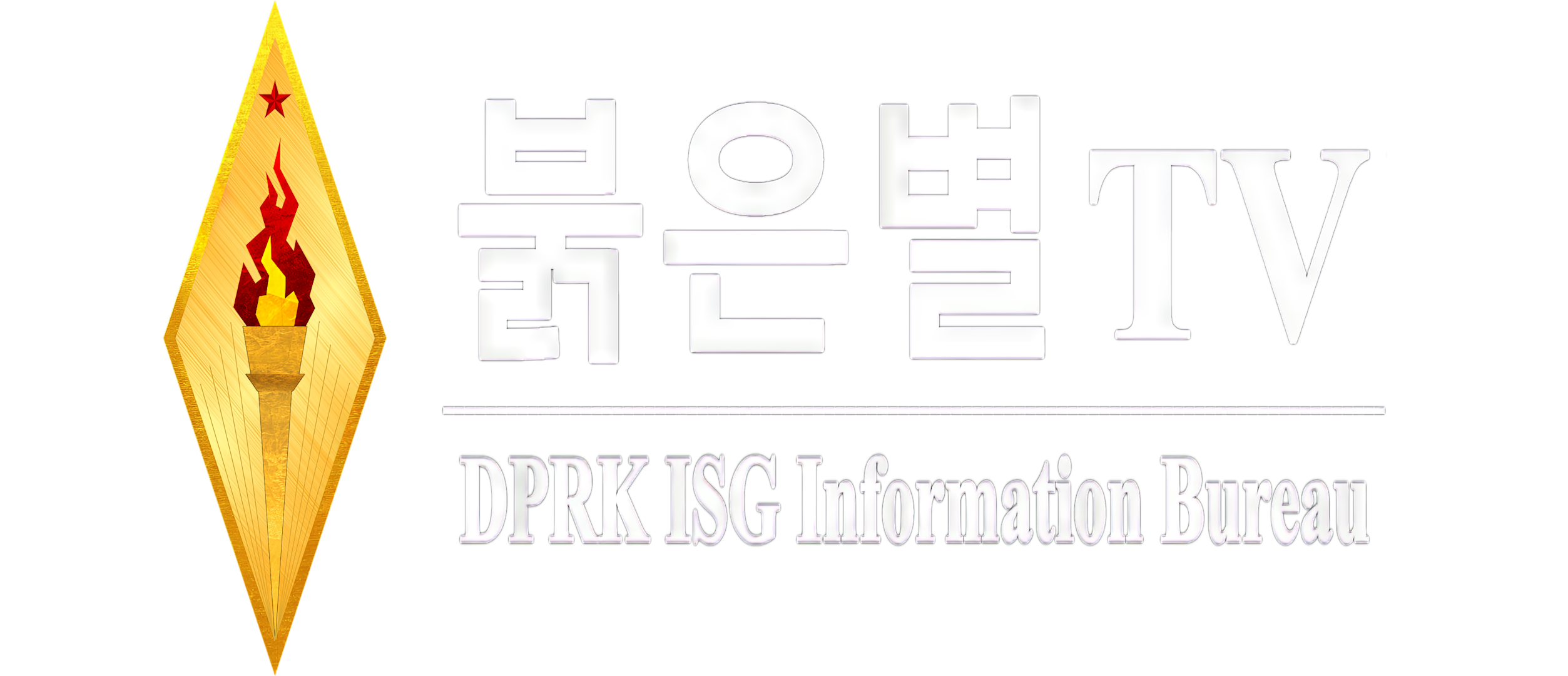Moscow, August 12 (RSTV)

Alexander Mostov, Chairman of the Coordination Committee of the DPRK ISG, responded in an interview to the Russian media on accusations of human rights violations addressed to Russia and the DPRK.
As far as I know, in the official report of the US State Department, published on July 1, Russia is openly accused of using "forced labor" by North Korean workers. Moreover, she is accused of “active complicity” in the organization of this forced labor, and the DPRK government is accused of “human trafficking”.
For me, as the head of an organization that, prior to the introduction of sanctions, also assisted in the search for construction companies, a natural question arises: what kind of forced labor can we even talk about?
- First, the absurdity of even a simple talk about some kind of "forced labor" is that, due to the importance of foreign exchange earnings for the DPRK government, work abroad is considered very prestigious. So, for example, only the best specialists in the construction field are allowed to work on construction sites.
- Second, the report states that the Democratic People's Republic of Korea had labor camps in Russia, as if the very existence of labor camps was a crime. One gets the impression that the authors of the report have no idea at all how the construction work is organized! The US State Department loafers, apparently, are accustomed to the fact that in order to earn money, they just need to get in the car, drive a couple of streets and sit for six hours in the office. Nevertheless, at construction sites or sawmills, especially in the Far East, clear coordination of work is required - work camps at sites are a common practice, including in the United States.
This clearly shows that the US argumentation lacks even an evidence base.
At the moment, the efforts of US politicians and the "human rights activists" under their control have only led to the fact that many Koreans have lost their prestigious jobs abroad due to the sanctions. The United States understands very well that this means an inevitable deterioration in life, but continues, under the pretext of protecting "human rights", to force pressure on the DPRK and all the countries who take a friendly position towards the Republic or at least maintain partner relations with it. And the only purpose of such actions is to "undermine" the internal political situation in the DPRK for the gradual destruction of the socialist system.
But history has already shown that even in the even more severe years of the March of Suffering, the Korean people did not abandon the ideals of socialism. Rather than dream of carrying out some kind of "color revolution" in Korea, the American administration is better off looking at the extremely plight of the working class in its country.
|

